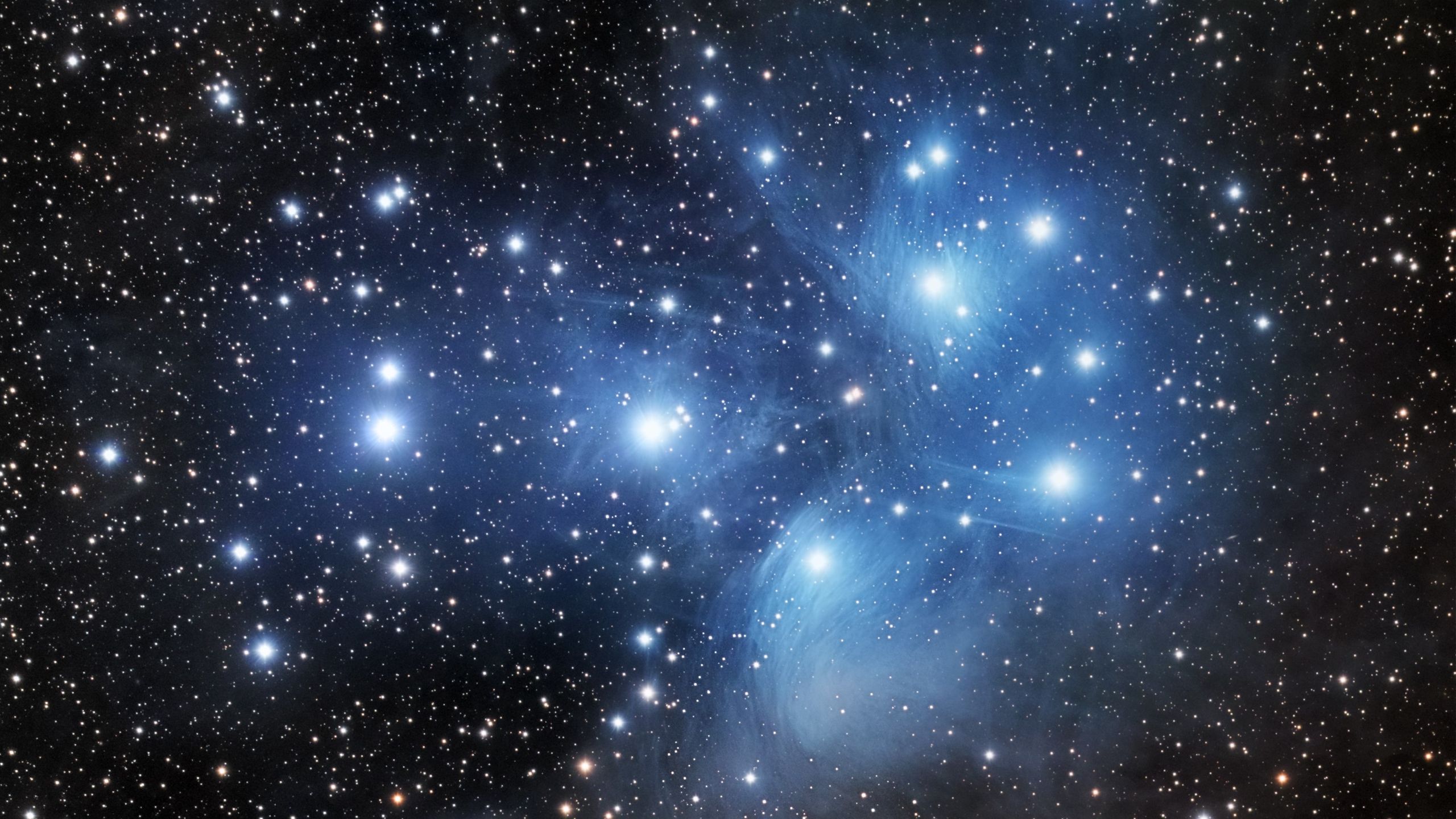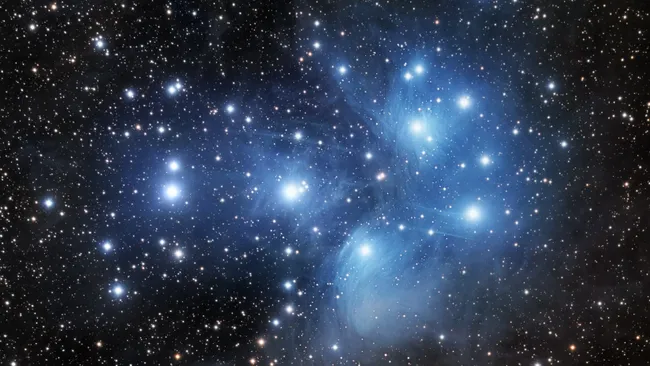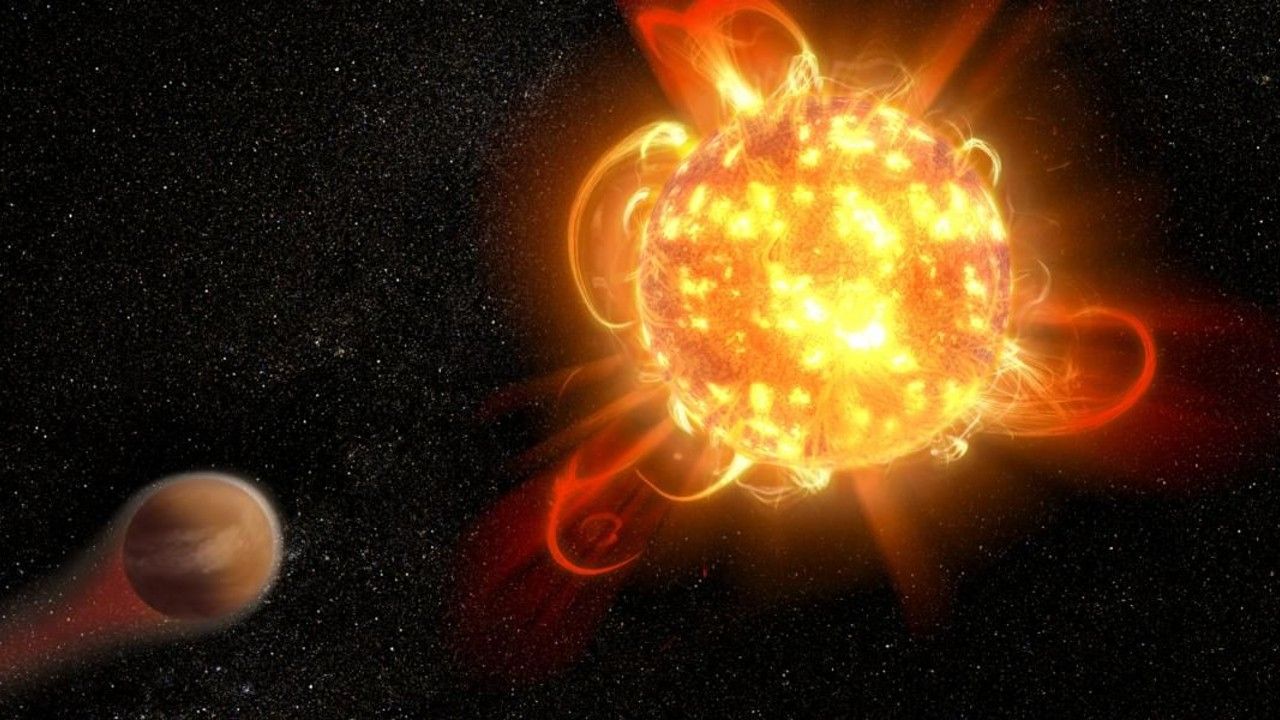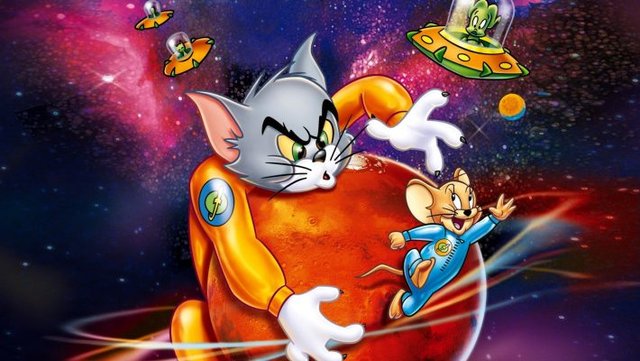Dutch Uncle
* Tertia Optio * Defend the Constitution
Agreed. Apples to apples, look at stars about the same age as ours with planets in the Goldilocks Zone. Young stars like in the Pleiades cluster are unlikely to harbor advanced civilizations.Nice.
And that is assuming a long series of improbable events over four billion years that led to the unique emergence of Homo Sapiens.
The fact that life was perfectly happy on Earth for 3 billion years as single celled microbes before making a sudden and abrupt jump to multicellular complex life, suggests life might be perfectly happy to exist as just microbes for billions of years

The Pleiades: Facts about the "Seven Sisters" star cluster
The Pleiades is a bright star cluster and a popular skywatching target.
Scientists estimate that the entire cluster is no more than 150 million years old, and possibly as young as 75 million, according to skywatching site Constellation Guide









